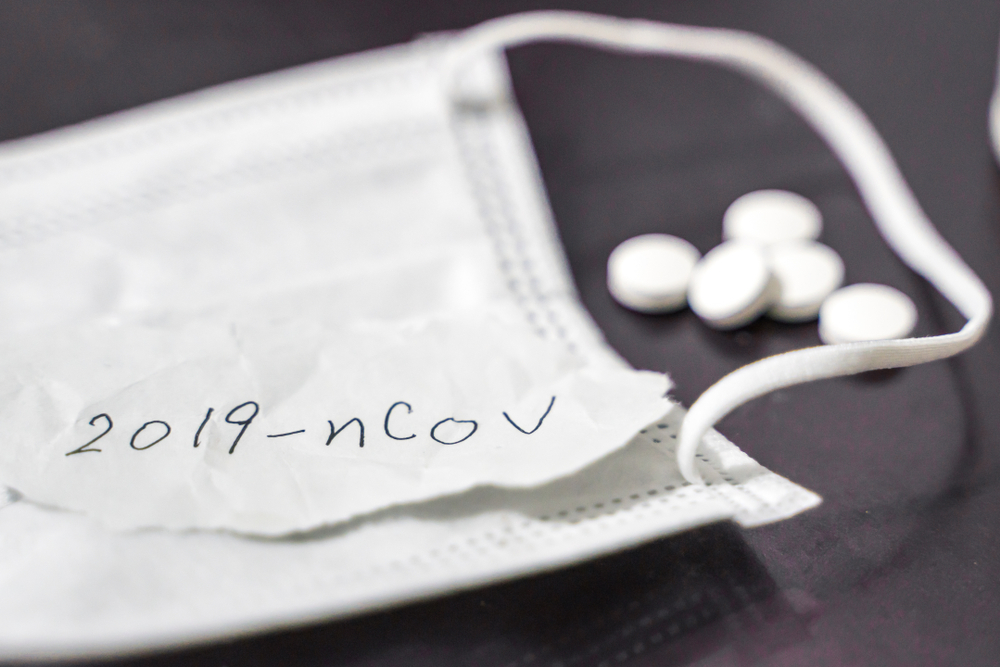
Despite recent efforts by the Centers for Disease Control and Prevention (CDC) to initiate health screenings at several U.S. airports, the first case of a novel coronavirus has cropped up in Washington state.
The novel coronavirus has rapidly expanded its reach in recent weeks, following an initial outbreak in Wuhan, China, back in December 2019. Since then, it has reached Thailand, Japan, South Korea, and now the United States and infected hundreds in the process. Health workers have been among them, leading Chinese officials to suggest that human-to-human transmission is likely. As yet, however, scientists do not fully understand the virus. Where it originated, how exactly it is transmitted, and the full scope of its potential symptoms remain unknown.
In this case, the Washington patient returned to the U.S. from Wuhan last week. He sought care at a medical facility, after which a clinical specimen was collected and dispatched to the CDC. The CDC confirmed that he had been infected with 2019-nCoV — the name authorities have given to the virus.
2019-nCoV is part of a large family of viruses that includes everything from the common cold to Severe Acute Respiratory Syndrome (SARS), which ravaged Asia from 2002-2003.
The CDC has reiterated that it remains unclear how easily the virus is spreading between people, but noted that there are growing indications of its person-to-person transmission capabilities. Current scientific thought still holds to the likelihood of its emergence via animal-to-person transmission, though. The situation is evolving rapidly and even the virus’s effects have varied. Some patients have experienced only mild illness and been discharged, while others have been killed by 2019-nCoV.
The CDC remains adamant that risk to the American public remains low. Even so, it has added two more airports to their entry health screening: Atlanta and Chicago. The CDC has also deployed a team to Washington to monitor the ongoing case and potentially to trace close contacts to the patient. Additionally, the CDC hopes to get a diagnostic test for detecting 2019-nCoV to domestic and international partners soon.

